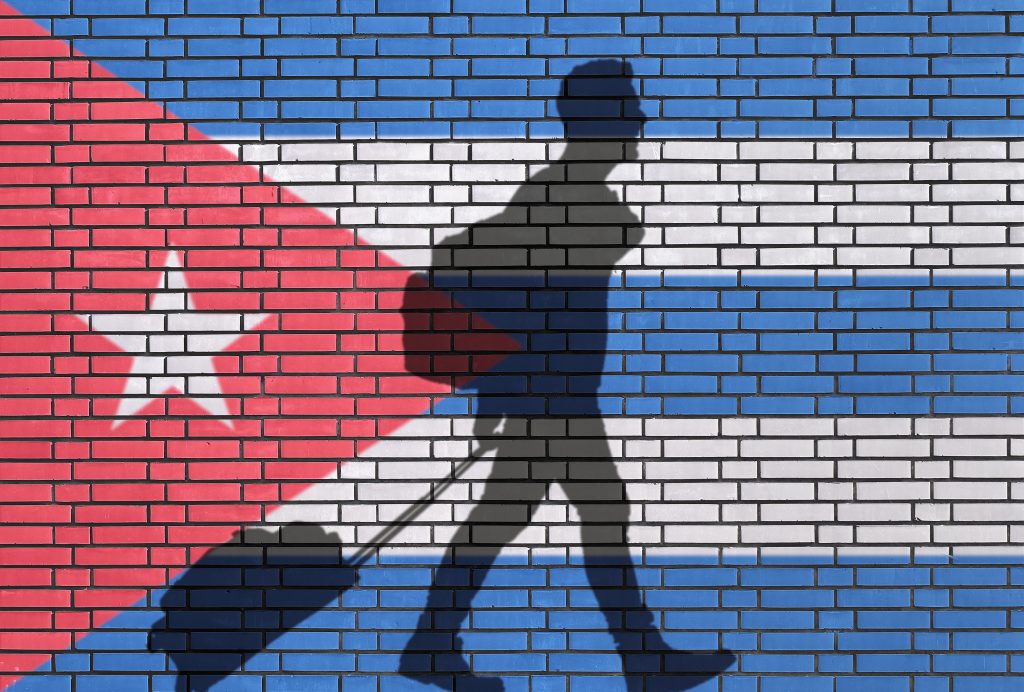What am I eligible for? That is a very common question for many immigrants who call or visit our immigration office for legally advice. “I came into the country illegally,” how do I get a work permit or a green card? The truth is if you are in the United States and you do not have status and you did not enter after having been inspected and admitted or paroled, your immigration options can be quite limited. Our immigration laws changed dramatically in the 1990s and early 2000s and one of the big changes was to punish people who entered the country illegally by greatly limiting their ability to stay in the U.S. legally.
There are five basic immigration options possibly open to you if you entered illegally and are currently out of status; 1) Asylum/Withholding/CAT; 2) U/T/S Visas; 3) 245(i) Adjustment; 4) Cancellation of Removal; 5) TPS.
At first blush, you may say, wow those are quite a few options, sounds great, how do I sign up. Therein lies the problem, most people who are in the United States without status after entering without inspection will not qualify for any of these forms of immigration relief. That’s right, unfortunately, just because you have been in the U.S. for many years, have family here, have a job here or have a fear of going back to your home country does not mean you qualify for any form of immigration relief. Lets briefly review what it takes to qualify for these immigration benefits/relief.
 Florida Immigration Lawyer Blog
Florida Immigration Lawyer Blog






 President’s Obama’s January 12, 2017 announcement about Cuban immigration policy changed the landscape for Cuban nationals. Along with all the official changes announced on January 12, 2017 on this subject, there was another document that contains two very important, but often overlooked paragraphs. The United States and Cuba released a “Joint Statement of the United States and Cuba on Changes to Migration Relationship with Cuba.” This statement contained two very interesting paragraphs that will effect not only Cubans coming to the U.S. on or after January 12, 2017, but Cubans who may have been in the U.S. for decades and already have a final order of removal/deportation, or will receive one in the future. This first paragraph is number 5 and it talks about the infamous Cuban “Repat List” that ICE keeps locked up in a safe somewhere in South Florida:
President’s Obama’s January 12, 2017 announcement about Cuban immigration policy changed the landscape for Cuban nationals. Along with all the official changes announced on January 12, 2017 on this subject, there was another document that contains two very important, but often overlooked paragraphs. The United States and Cuba released a “Joint Statement of the United States and Cuba on Changes to Migration Relationship with Cuba.” This statement contained two very interesting paragraphs that will effect not only Cubans coming to the U.S. on or after January 12, 2017, but Cubans who may have been in the U.S. for decades and already have a final order of removal/deportation, or will receive one in the future. This first paragraph is number 5 and it talks about the infamous Cuban “Repat List” that ICE keeps locked up in a safe somewhere in South Florida: